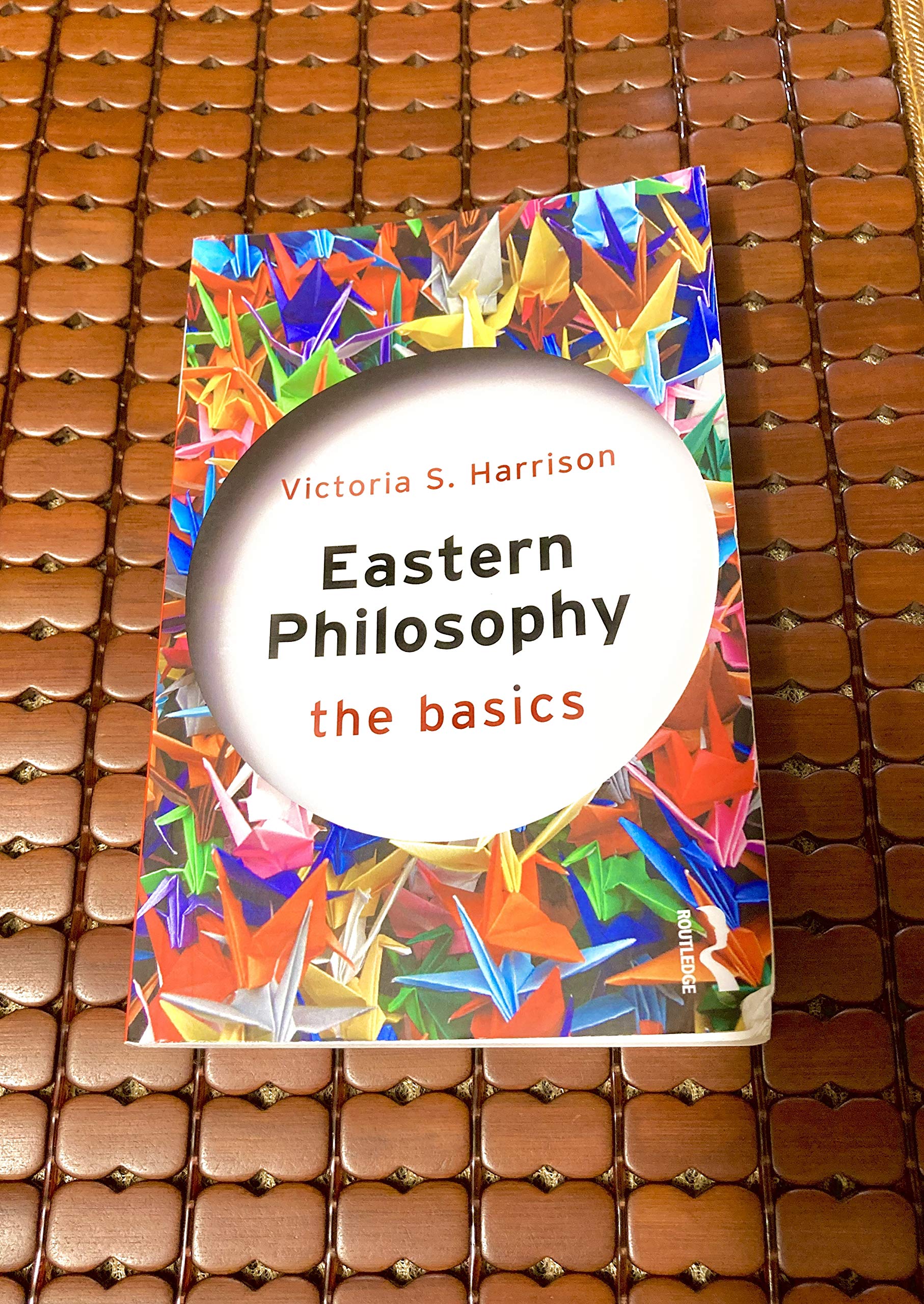Customer Services
Copyright © 2025 Desertcart Holdings Limited
Desert Online General Trading LLC
Dubai, United Arab Emirates


Eastern Philosophy: The Basics
M**T
Badly organized and wrtitten book on the "basics"
I bought this book to learn the basics of eastern philosophy, as its title claimed to suggest. I have a philosophy degree but haven't spent much time studying the eastern ways. I have also read a fair amount of introductory books on issues that I don't know about.I don't consider this book to be well written. The author has surely read a lot about eastern philosophy and this book is at best an attempt to dump whatever the author knows on paper in an unorganized manner. This is most visible in the author's introduction, which is full of undefined vocabulary, jumping from one idea to another without carefully and concisely explaining the ideas etc, which loses the reader right from the start. This is the least one should expect from the introductory chapter of a book that claims to be about the basics of any topic. A well written introductory book should grasp the reader's attention right from the start instead of frusturating the reader with a vocabulary show-off and complete cacophony of unorganized ideas.As I mentioned, the author has clearly read a lot of books about this subject, so my suggestion would be to just go through this book's bibliography, pick a couple of books and read those. This would be a better use of your time than struggling through this badly organized and poorly written / edited book. Don't be fooled by the short chapter titles - you'll read some of these chapters and at the end wonder how it relates to the seemingly simple title of the chapter.Overall, I was looking for a clear, concise, well organized book on the basics of eastern philosophy - and this is not it. If you're looking for the same, continue looking.
G**E
Five Stars
It was perfect for college
M**S
get some educations right here
Do it. It's worth it. Every last bit... Well, maybe not every last bit, but if you want something thoroughly cited, than this book is right for you.
P**E
Lucid and insightful introduction
Harrison's thematically organized introduction to East and South Asian philosophy offers a broad, accurate, and sensitive introduction to a wide range of thinkers and traditions. She begins with a revealing reflection on the nature and aims of as well as the need for comparative philosophy and then proceeds to explore how a variety of Eastern philosophers treat different philosophical topics such as Reason, Person, and Virtue. This approach enables her to relate the insights of these very different traditions to their Western counterparts while highlighting the distinctive features and styles of these traditions. This is an excellent text for teaching Eastern philosophy, offering both a deep and penetrating meditation upon comparative philosophy and an exemplary illustration of how to do it.Philip J. IvanhoeChair Professor of East Asian and Comparative Philosophy and ReligionDirector, Center for East Asian and Comparative Philosophy (CEACOP)City University of Hong Kong
Trustpilot
1 month ago
2 days ago